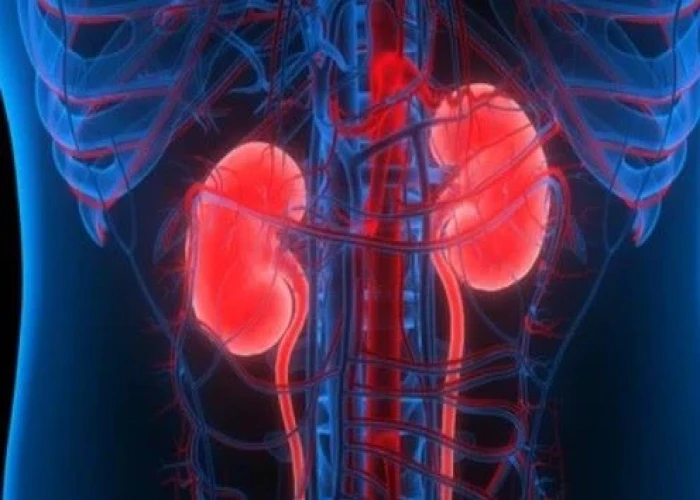 Welcome
Welcome
“May all be happy, may all be healed, may all be at peace and may no one ever suffer."
Pyelitis
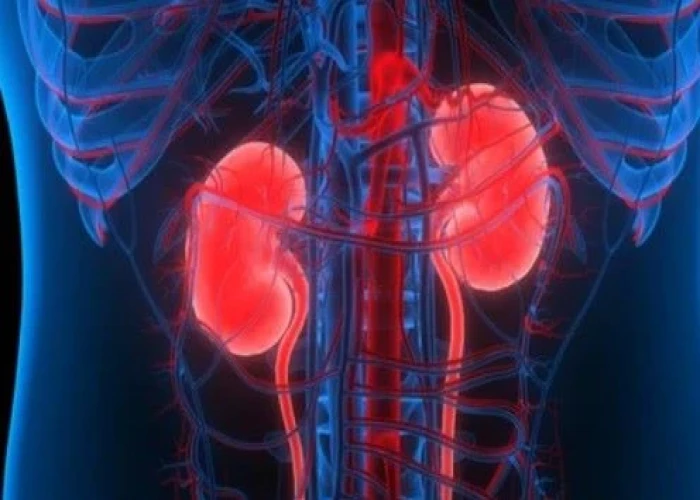
Staphylococcus, B-proteus, E-coli, Streptoficalis, etc. bacteria cause inflammation in the kidney pelvis. Pregnant women suffer more from this disease. Sometimes it happens after marriage, after having a baby, or after menopause.
Pyelitis is a medical condition that occurs when the lining of the renal pelvis, which is the area of the kidney where urine collects before it flows into the bladder, becomes inflamed. This inflammation can be caused by a bacterial infection and is often associated with a urinary tract infection (UTI).
The symptoms of pyelitis can include:
- Pain or discomfort in the lower back, side, or abdomen
- Pain or burning during urination
- Urgency to urinate
- Increased frequency of urination
- Foul-smelling or cloudy urine
- Blood in the urine
- Fever or chills
Diagnosis of pyelitis may involve a physical examination, urinalysis to check for bacteria or other abnormalities in the urine, and imaging tests such as an ultrasound or CT scan to assess the extent of inflammation in the renal pelvis.
Treatment for pyelitis typically involves antibiotics to eliminate bacterial infection and reduce inflammation in the renal pelvis. In some cases, hospitalization may be necessary for intravenous antibiotics or other treatments. It is important to complete the full course of antibiotics as prescribed, even if symptoms improve, to prevent the recurrence of the infection.
Prevention of pyelitis may involve maintaining good hygiene, drinking plenty of fluids, and emptying the bladder completely during urination. In addition, individuals who are at increased risk of urinary tract infections, such as women and individuals with kidney stones or other urinary tract abnormalities, may benefit from preventive antibiotics or other treatments to reduce their risk of developing pyelitis.
Research Papers
Disease Signs and Symptoms
- Abdomen pain
- Back pain
- Kidney pain
- Burning during urination
- Fever
- Nausea or vomiting
- Constipation
- Pus in urine
- Dark urine color
Disease Causes
Disease Prevents
Disease Treatments
Disease Diagnoses
Disease Allopathic Generics
-
Diclofenac Sodium
Medicines with diclofenac for pain.
1+1+1.
-
Diclofenac Potassium
Medicines with diclofenac for pain.
1+1+1.
-
Ranitidine Hydrochloride
for gas. 1 pill 2 times a day after meals.
-
Ampicillin Sodium
Medicines containing ampicillin can be used in pyelitis.
-
Amoxicillin Trihydrate
1/2 capsule or pill every 8 hours.
-
Cotrimoxazole
2 tablets in the morning and 2 tablets in the evening for moderate or moderate inflammation. In severe inflammation, 2 pills 3 times a day for at least 5 days or until disease-free.
-
Doxycycline Hydrochloride
2 capsules on the first day and 1 from the next day for 7/10 days.
-
Nitrofurantoin
Adults 1 pill 6/8 hours after serving 5/7 days.
-
Nalidixic Acid
In severe cases 2 pills every 6 hours for 7 days, then 1 pill every 6 hours. In old condition 1 pill after 6 hours.
-
Cephalexin
1/2 pill capsule every 6 hours for 7 days.
-
Ciprofloxacin
2 pills in the morning 2 pills in the evening 7-10 days.
-
Pefloxacin Mesylate Dihydrate
1 in the morning 2 hours after breakfast, 1 in 2 hours after dinner (7-10 days).
Disease Ayurvedic Generics
Disease Homeopathic Generics
Disease yoga
Pyelitis and Learn More about Diseases
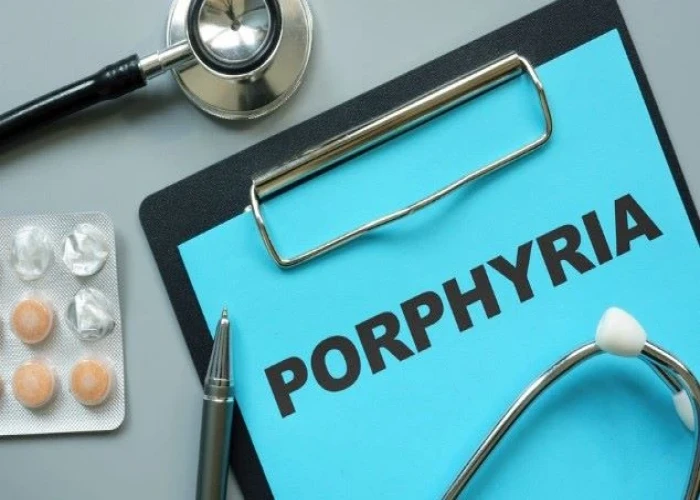
Porphyria
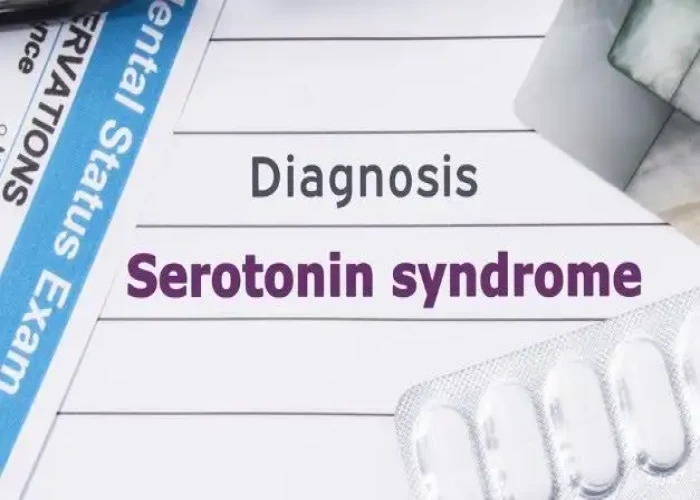
Serotonin syndrome
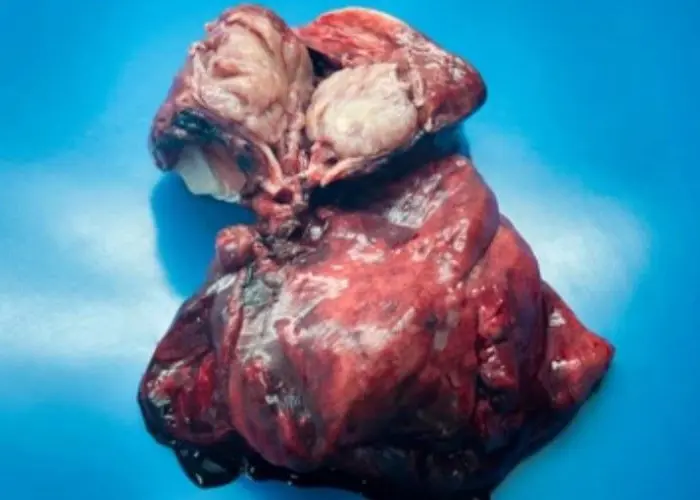
Carcinoid tumors

Bell's palsy
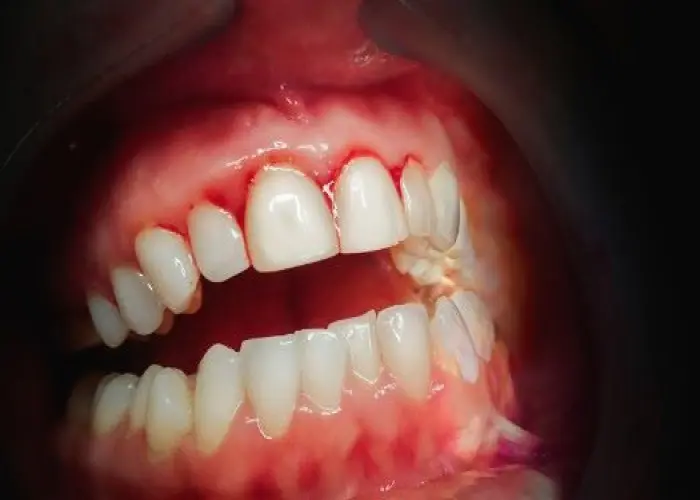
Gingivitis
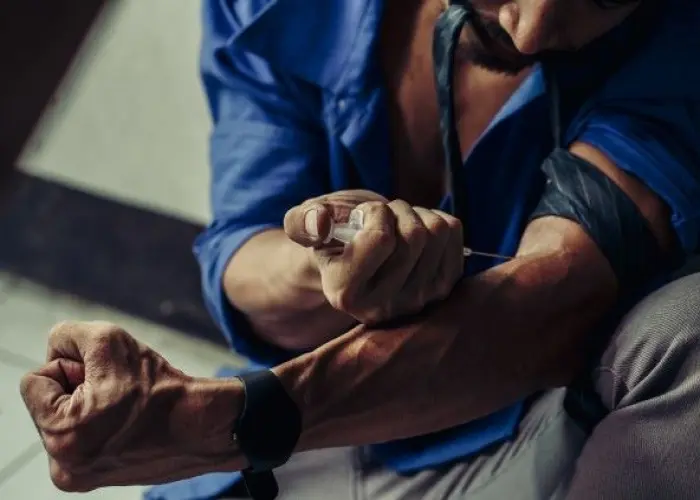
Drug addiction (substance use disorder)

Bird flu (avian influenza)
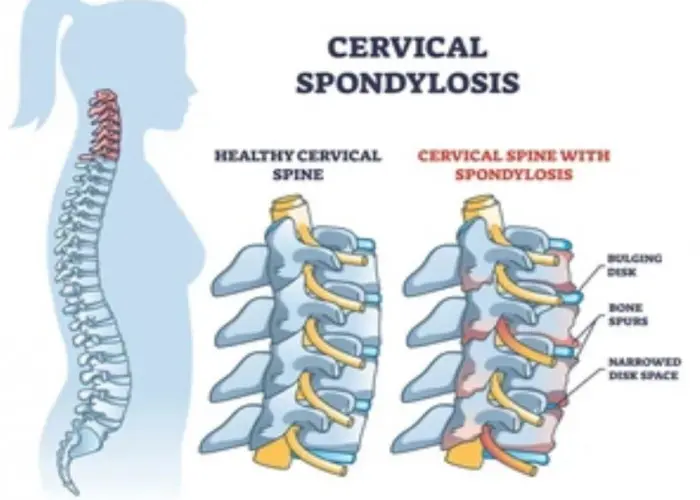
Cervical spondylosis
pyelitis, পাইলাইটিস
To be happy, beautiful, healthy, wealthy, hale and long-lived stay with DM3S.
